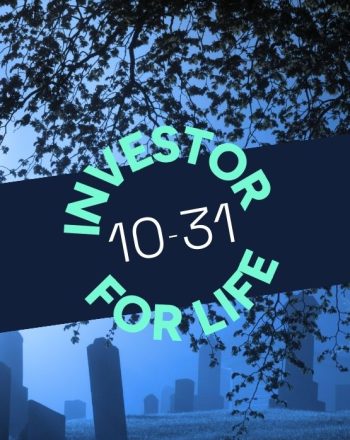Opportunity Zones Explained

The State of Opportunity Zones Now
It’s almost 2024; if you’re a real estate entrepreneur with capital gains to invest, Opportunity Zones may still be for you. But what exactly are they, and is it too late to exploit the benefits of this government program launched back in 2017? We break it down in 11 questions. (Short answer: the key benefit is still on table–and it’s a doozie!)
1. What are Opportunity Zones?
Opportunity Zones are neighborhoods in the U.S. that need help, and since 2017 the government has offered tasty tax benefits to investors who invest in and improve them.
2. Why should I care about them?
Opportunity Zones are kind of the ultimate tax “cheat code”. Most tax benefits deal with the deferral of taxes—kicking the can down the road. But by investing in Opportunity Zoned property through a Qualified Opportunity Fund, you can avoid capital gains tax. (Remember, this article isn’t legal or tax advice, so consult a professional for you.)

3. Wait, what is a Qualified Opportunity Fund (QOF)?
Ok, so you can’t just personally go and buy property in an Opportunity Zone—a Qualified Opportunity Fund (QOF) has to do it. But not to worry: a QOF can be just a mom-and-pop LLC or Corporation that self-declares as a QOF and commits to having most of its assets in Opportunity Zones.
4. What are the benefits I can still get?
• You can delay paying taxes on capital gains till early 2027.
• If you hold the QOF for 10 years, you’ll pay no tax when you sell it.
• Also when the fund turns 10, it can now buy and sell properties that generate capital gains (such as rental homes) and the sales are tax free.
• If the fund ever drops in value, you can recognize a loss in your tax returns.
5. How do you fund a QOF?
You fund your QOF with capital gains from the sale of an asset or stock—ie., the gains you don’t want taxed. You have 180 days to do so. What’s cool is, unlike a 1031 Exchange, you don’t have to put those funds in escrow: Spend it however you want—as long as by day 180 you have that money to invest.
6. Is there any point doing this if I’m not using capital gain?
Generally, don’t make capital contributions to a QOF unless they are capital gains. There are other ways to increase your fund’s buying power if needed, such as leveraging it with a loan.
7. What qualifies as an Opportunity Zone property?
The property must be in an Opp-Zone and meet specific conditions: be a ground-up construction, OR be vacant for three years, OR be on a brownfield site, OR undergo substantial improvements.
8. Can I flip the original property I invest in?
Yes, you can flip the property, and can do so multiple times during the 10-year holding period, so long as you reinvest the money in the Opp-Zone.
9. What happens after 10 years?
Here’s where the magic happens: Once the fund turns 10, it can start buying and selling Opp-Zone properties that earn capital gains. Any property can be sold tax free if rented and held for at least one year. And that’s not just rental homes; it can be parking lots, bowling alleys, storefronts, imagine all the property types you can sell tax free!
10. Is all the income I generate in the Opp-Zone tax free?
No, only the sale of the property is tax free, not the rent it generates.
11. Is this better than 1031 Exchange?
Certainly the government is trying to incentivize investors to move their 1031-Exchange dollars to this strategy. Some advantages include not needing to reinvest the entire investment amount, not having to use like-kind assets, and having more flexibility with the money. You can also depreciate the QOF value on your taxes. Still, the program ends in 2047, so the window of benefit continues to decrease.
This is not investment advice. It’s important to research thoroughly, and consult with legal, financial, and other professional advisors before making important investment decisions.


